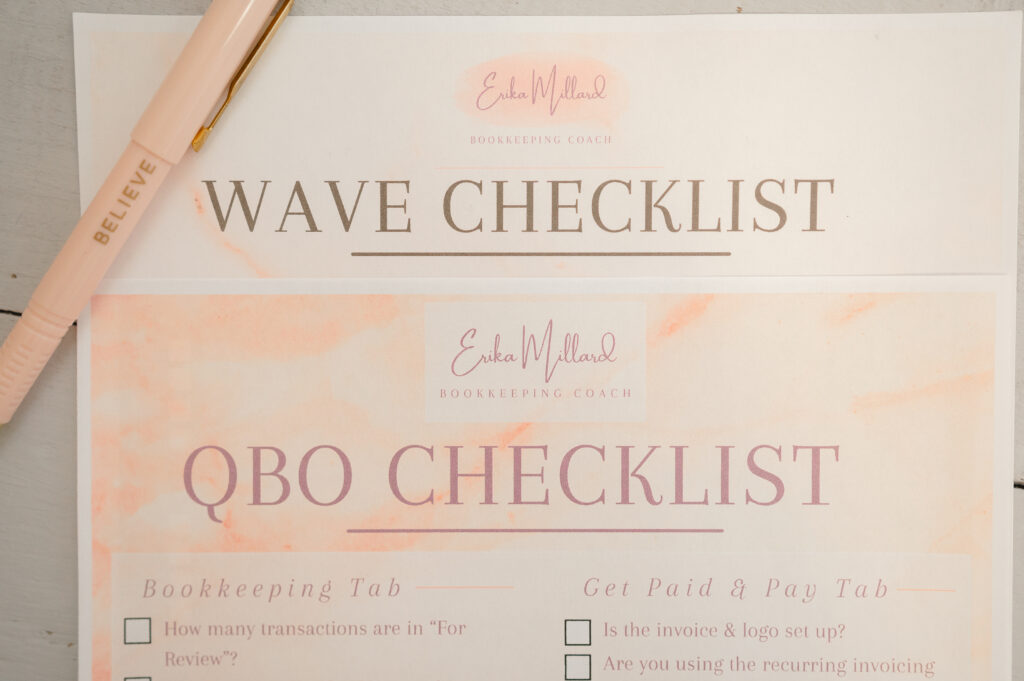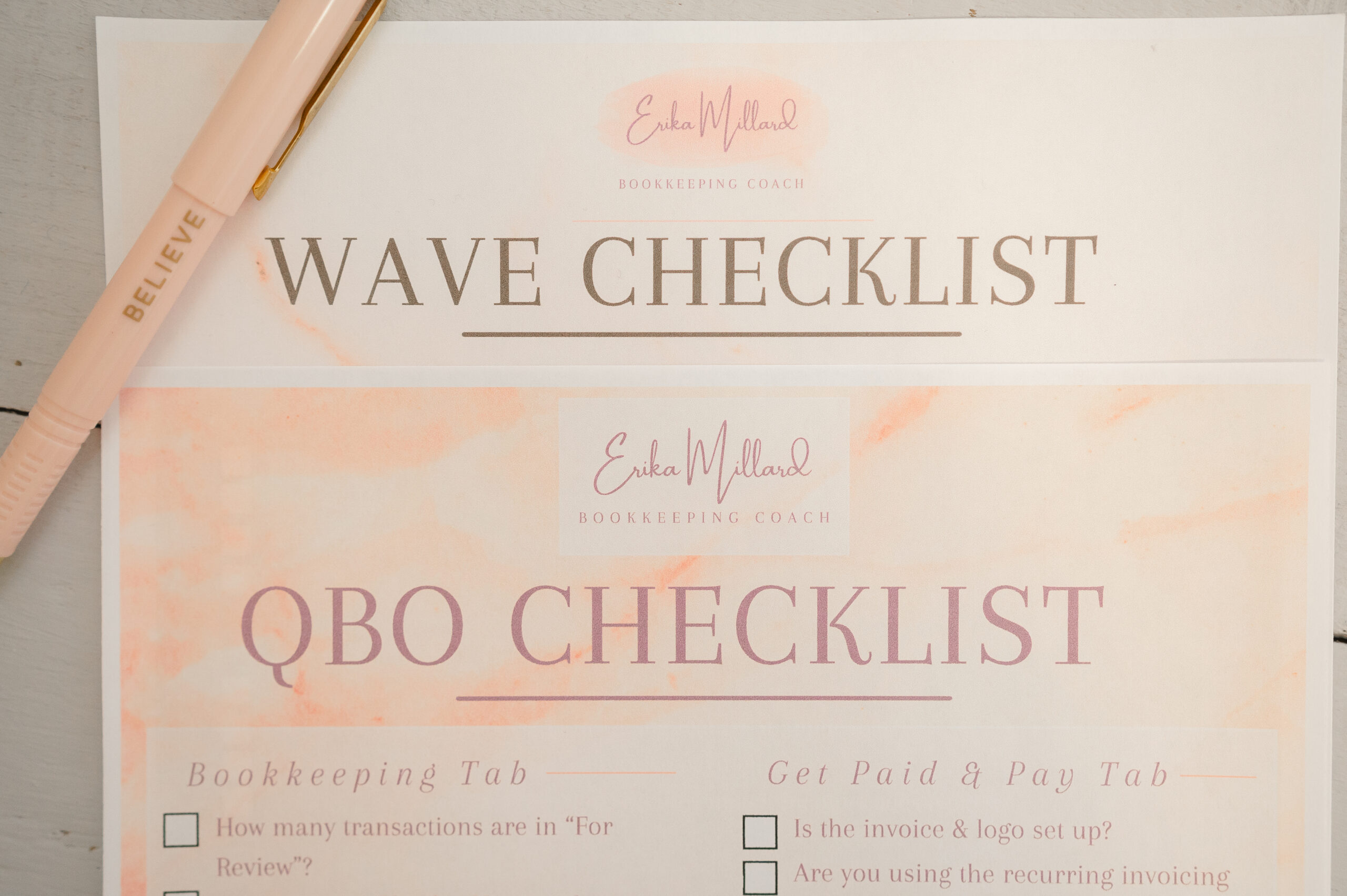
On this Q&A style blog – I’m going to be talking about which payment processor is best for you and your business. What is a payment processor? The official definition is a company that facilitates electronic payments.
When I say payment processor, I am talking about the big players like Stripe, Square, and PayPal. There’s also one you may not realize -QuickBooks. QuickBooks is actually a payment processor as well. Which one of these are right for you? There’s a lot of factors actually that go into this decision.
Do you need something in person, in a physical point of sale, or are all of your sales online?
Several of these actually have card readers and in-person options for payments. That will actually determine which of these is potentially right for you because only a handful of them have the in-person card readers.
Another thing you’re going to want to consider is do they integrate with other apps that you use?
For instance, does it integrate with the things you’re already using like QuickBooks, Dubsado or HoneyBook for a CRM? Can people check out on your website? Those are all things to consider when determining which processor is right for you.
You may also want to look into which one is the easiest to use.
Which one syncs with all of my stuff?
Which one has a good customer service.
All of those things, not to mention the fees. That is one big thing that I want to bring to light. Is that payment processors, fees, and bank charges are all a cost of doing business. It is important. Each of the ones that we mentioned earlier all have different fees for different types of transactions. It is going to vary how many fees that you pay based on if you invoice or if they just check out. If you are in person, or if it’s online, if they pay with a credit card or pay through ACH, they all have different fees.
I have a free resource for you to have a comparison of these four main players and all of their fees so that you can see side by side. That may help you sway your decision. If, for example, your CRM, you can sync it with either Stripe or PayPal. Then you may want to look at this fee chart and just see which one am I going to pay less fees on and just go with that.
If all other things are equal some of them may not have all the features you want. Like not all of them have the ability to set up recurring invoices. Let’s say you have a membership and you want that subscription type of payment – it might not be possible.
You’re going to want to look through all of the different factors, but I have created a breakdown for you. Even when I was doing research on it, there’s pages and pages of fees and currency exchange rates, and all kinds of just jargon and numbers. So I’ve created just a very simple spreadsheet for you as a resource so that you can quickly glance at these and determine the fees.
Go to the link in the show notes and you can download that resource for free. I’m going to be attempting to update it every six months to a year just so it’s current.
One other thing about this that I want to point out is this is another place that you could be strategic.
Maybe you use your CRM or PayPal or something for your recurring type invoices, but currently QuickBooks actually has the lesser of the rates for the invoice payments. If you have a large coaching client that pays six months in advance and it’s a large lump sum, you may want to do one large invoice through QuickBooks instead of invoicing it through Stripe or PayPal just to save a little bit of money on fees. Because chances are, if it is that larger amount than it’s actually going to be a good bit of money on the fees. So that is something to tuck away that maybe every once in a while, it does make sense to actually invoice in a different system than what you’re used to just to save some money.
Now, obviously we don’t want to take a ton of time doing invoicing manually like that. You would have to weigh the pros and cons of that scenario. Those are just a couple of things you can think about to save money, which is what I love helping you do.
Going back to our question, which payment processor is best?
It really depends. I know some of you hate to hear me say that but it really does sometimes just depend. I’m hoping that I’m giving you all of the factors to think about so that you can make a great decision for you and your business.
In summary think about
- Is it easily integratabtle with other systems that you use?
- What are the fees?
- Does it have all of the features that I need such as recurring invoicing or recurring payments, like subscriptions, all of those types of things.
- Can I access it on my phone if I needed to, or in person.
All of those types of things are factors that you’re going to want to think through when you’re choosing a payment processor.
As always reach out to me, if you have any questions and until next time happy bookkeeping.
Listen to this episode!
